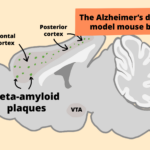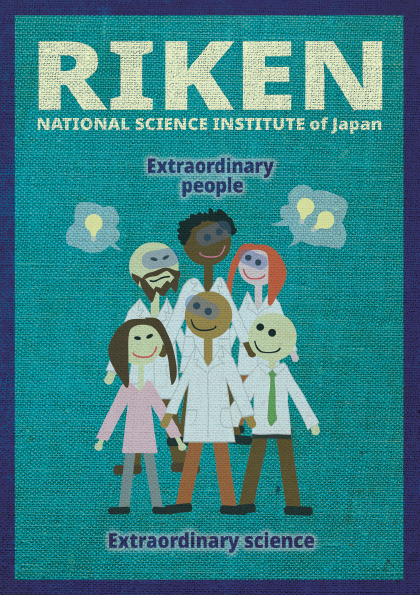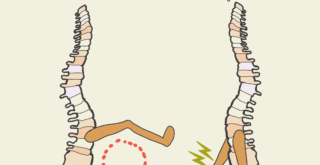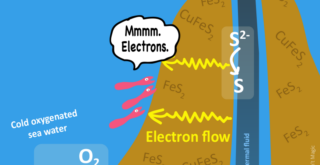Three RIKEN neuroscientists have found that rats reinforce the memories of negative experiences in familiar locations by preferentially replaying them over in their minds. This finding could have implications for treating conditions in people such as post-traumatic stress disorder (PTSD).
When an animal explores a new place, it generates a mental map of the area, which it can later recall. This mental map is created by special neurons known as place cells, which reside in the hippocampus. Different place cells fire as the animal moves around the area, but when it returns to a spot it has visited before, the same place cell fires again.

Figure 1: Suddenly encountering a bear while walking in a forest would imprint both the bear and the location in the walker’s memory. RIKEN researchers have discovered how this information is integrated into pre-existing mental maps in rats. © Christopher Kimmel/Moment Open/Getty
This mapping mechanism is well understood now, but it wasn’t clear how animals incorporate memories of things that happen to them while revisiting a previously mapped-out location.
Significant events get burned in our memories along with the place where they happened, whereas we tend to forget about details that don’t matter.
“For example, if you’re hiking along a familiar trail, you’re probably not going to remember all the details of the trail,” says Joshua Johansen of the RIKEN Center for Brain Science. “But if a bear comes out and attacks you, you’re going to remember a lot of the details about the bear and also the surrounding environment. We want to understand how these more complex memories are formed.”
This article originally appeared here as a RIKEN Research Highlight.
Three RIKEN neuroscientists have found that rats reinforce the memories of negative experiences in familiar locations by preferentially replaying them over in their minds. This finding could have implications for treating conditions in people such as post-traumatic stress disorder (PTSD).
When an animal explores a new place, it generates a mental map of the area, which it can later recall. This mental map is created by special neurons known as place cells, which reside in the hippocampus. Different place cells fire as the animal moves around the area, but when it returns to a spot it has visited before, the same place cell fires again.

Figure 1: Suddenly encountering a bear while walking in a forest would imprint both the bear and the location in the walker’s memory. RIKEN researchers have discovered how this information is integrated into pre-existing mental maps in rats. © Christopher Kimmel/Moment Open/Getty
This mapping mechanism is well understood now, but it wasn’t clear how animals incorporate memories of things that happen to them while revisiting a previously mapped-out location.
Significant events get burned in our memories along with the place where they happened, whereas we tend to forget about details that don’t matter.
“For example, if you’re hiking along a familiar trail, you’re probably not going to remember all the details of the trail,” says Joshua Johansen of the RIKEN Center for Brain Science. “But if a bear comes out and attacks you, you’re going to remember a lot of the details about the bear and also the surrounding environment. We want to understand how these more complex memories are formed.”
This article originally appeared here as a RIKEN Research Highlight.
Further reading
Ormond J, Serka S, Johansen J (2023) Enhanced Reactivation of Remapping Place Cells during Aversive Learning. J Neurosci. doi:10.1523/jneurosci.1450-22.2022










